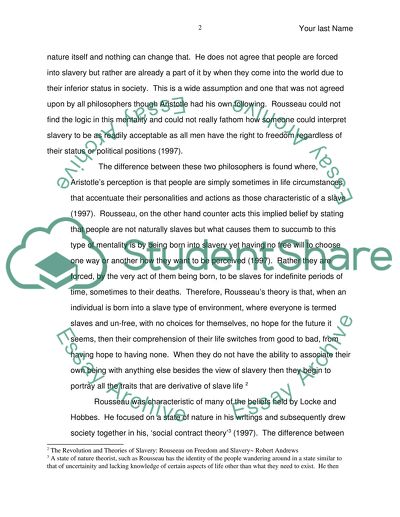Cite this document
(“Sociology: Family and the Idea of Slavery Essay”, n.d.)
Sociology: Family and the Idea of Slavery Essay. Retrieved from https://studentshare.org/miscellaneous/1524131-sociology-family-and-the-idea-of-slavery
Sociology: Family and the Idea of Slavery Essay. Retrieved from https://studentshare.org/miscellaneous/1524131-sociology-family-and-the-idea-of-slavery
(Sociology: Family and the Idea of Slavery Essay)
Sociology: Family and the Idea of Slavery Essay. https://studentshare.org/miscellaneous/1524131-sociology-family-and-the-idea-of-slavery.
Sociology: Family and the Idea of Slavery Essay. https://studentshare.org/miscellaneous/1524131-sociology-family-and-the-idea-of-slavery.
“Sociology: Family and the Idea of Slavery Essay”, n.d. https://studentshare.org/miscellaneous/1524131-sociology-family-and-the-idea-of-slavery.


